This new chapter is featured in our series dedicated to the African forest. It addresses the challenges that communities are likely to face in their fight against deforestation.
Indeed, given the economic and social stakes involved in destroying forest environments, many obstacles stand in the way of radical changes of direction.
We propose to discuss these issues in three parts, which we will then develop.
These are the political obstacles, the economic limits and the climatic challenges.
Previously : Causes of African deforestation: socio-economic reasons.
The struggle against deforestation in Africa: what challenges do we face?
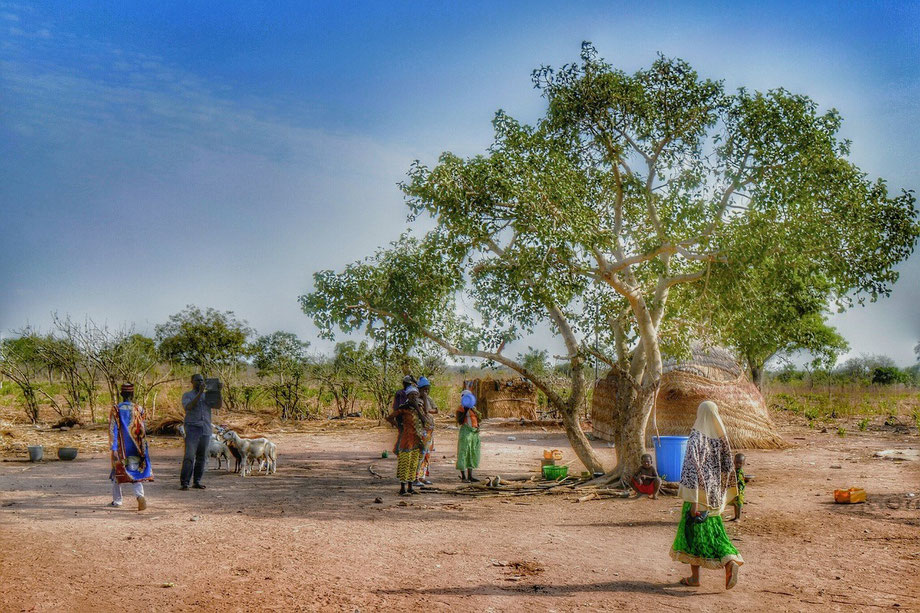
The political obstacles to deforestation
A lack of effective legislation
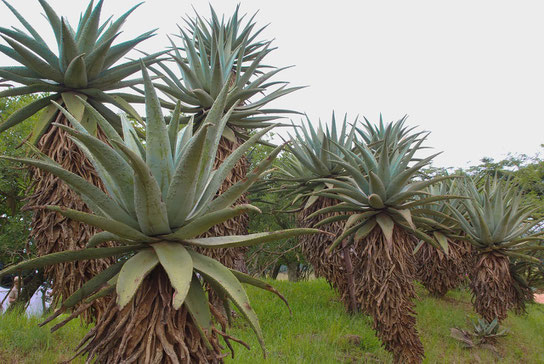
Political support is essential for organized action in favor of Africa's forests. However, as you now know, many governments give priority to the financial benefits of the wood, mineral and oil trades. And this, to the detriment of the natural environment.
This is an observation made by many journalists specializing in African issues.
When environmental consequences are taken into account, laws and decrees are enacted.
However, there is often a lack of application of these texts, when they are not simply unsuitable or outdated. As a result, the lack of effective legislation is holding back any efforts that might be made to protect Africa's forests.
A prevalent corruption
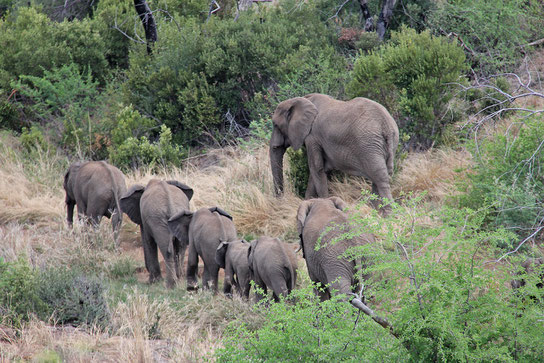
Inadequate public policies are not the only obstacle standing in the way of promising initiatives. Corruption among those in power is well documented, notably by Transparency International, a global organization that ranks the countries with the highest levels of corruption.
With over a hundred branches around the world, Transparency International collects indicators and reliable information for its ranking.
The phenomenon of corruption ranges from "simple" bribes to the misappropriation of public funds.
It can be found at all levels of government. Although not justifiable per se, the causes of corruption are also to be found in the low salaries of civil servants and in the legal loopholes through which the most corrupt are swallowed up.
Apart from the fact that corruption hampers African forestry projects, it also slows down countries' overall development and weakens people's trust in the government. As a result, the informal sector is even more prevalent, further reinforcing inequalities.
Transparency International has ranked the Democratic Republic of Congo (DRC) and Cameroon, respectively, 20 and 26 out of 100 in its 2022 Corruption Perceptions Index. By way of comparison, Denmark has the highest score at 90, and France 72. In other words, the DRC and Cameroon are among the most corruption-ridden countries in the world.
It is therefore necessary to fight corruption in the hope of seeing effective public policies applied. Among the tools envisaged are deontological codes and training, and the creation of independent organizations. However, the transition to a more ethical society is slow, and the fight against deforestation can't wait...
Economic levers that are difficult to activate
An inadequate mobilization of resources
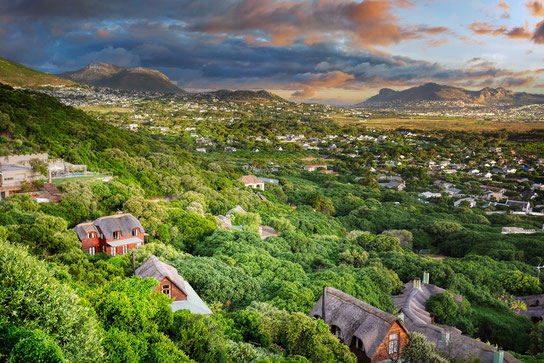
Corruption issues thus have an impact on the investments needed to restore the African forest. The situation is further exacerbated by the lack of government funding.
Forest areas have few means of protection and restoration, both in terms of trained agents and material resources.
The funds raised in accordance with certain legislation are relatively small compared with the resources that would need to be mobilized.
It would also be necessary to make them accessible to all stakeholders, including local and rural communities, where inclusion is low.
Last but not least, programs need to be coordinated between the different levels of the country (national, regional, local...).
Furthermore, African countries offer little training in forest protection, although there has been an improvement in recent years. One example is the partnership between the
universities of Douala and Yaoundé (Cameroon), which trains future engineers in the protection of natural environments, including forests. These courses often require a
university degree in forestry or biology.
When supply is unable to meet demand, international aid can support, supplement or create the training tools needed to protect Africa's forests.
The link between demography and land conflicts
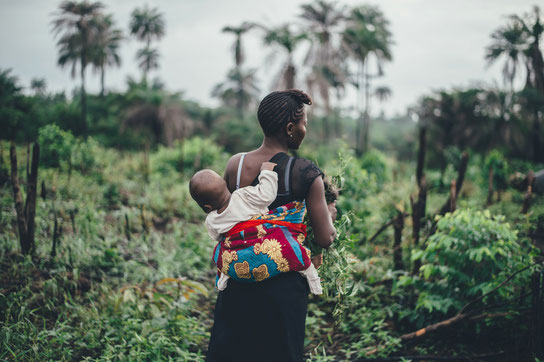
Africa's population continues to grow at an annual rate of around 2.7%. The United Nations estimates that the population of Sub-Saharan Africa is set to double by 2050.
As a result, the need for both living space and agricultural land is also increasing.
Tropical and inter-tropical forest zones are fertile regions for crops, thanks to their climate and the richness of their soil. The pressure on forests is therefore intensifying, to the detriment of natural areas.
Most of the land cleared for agriculture is still planted with cereals, but its ecological potential is far less significant than that of trees.
Moreover, this pressure on living space can lead to land conflicts, resulting in competition for land. Conflicting land claims can thus take the form of privatization of areas that were once, and to everyone's knowledge, common. Legal loopholes relating to property titles can also lead to massive deforestation of forests in order to satisfy the bulk of demands.
The installation of housing in these wooded areas reduces the possibility for populations to maintain a crop of nourishing trees. And yet, these trees have the potential to lead local populations towards a form of food self-sufficiency, and to provide them with a source of income through the sale of surpluses. It's a twofold challenge.
Featured in our "Forests of Africa" series:
Article submitted by Flora, from the Run for Planet team
Find her online : linkedin.com
References :
- African Economic Research Consortium (AERC). FR: “L'Impact des Conflits Fonciers sur la Productivité des Terres : Preuves du Libéria” / ENG: "The Impact of Land Conflicts on Land Productivity: Evidence from Liberia". Published 2021, August. From aercafrica.org
- Institut National d’Etudes Démographiques. FR: “2022 : Les Nations unies publient de nouvelles projections de population mondiale” / ENG: "2022 : The United Nations publishes new world population projections". Based on UN: “World Population Prospects 2022: Summary of Results“. Published 2022, July. From ined.fr
- Makers Africa. FR: “Environnement : l’offre de formation en Afrique s’étoffe !” / ENG: "Environment: training opportunities in Africa are expanding!".Published 2022, November 14. From makers.africa
- Ongolo S., Karsenty A. FR: “La lutte contre la déforestation en Afrique centrale : victime de l'oubli du politique ?” / ENG: "The fight against deforestation in Central Africa: a victim of political oblivion?", Écologie & politique, Published 2011, Ferbruary, pp. 71-80. From cairn.info
- Transparency International. FR: "L’indice de perception de la corruption 2022 relève le cercle vicieux de la corruption, de la violence et de l’instabilité en Afrique Subsaharienne" / ENG "Corruption Perceptions Index 2022 reveals the vicious circle of corruption, violence and instability in Sub-Saharan Africa". Published 2023, January 31. From transparency.org




Écrire commentaire